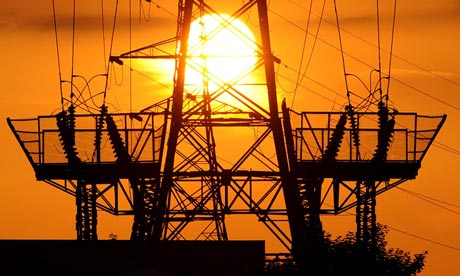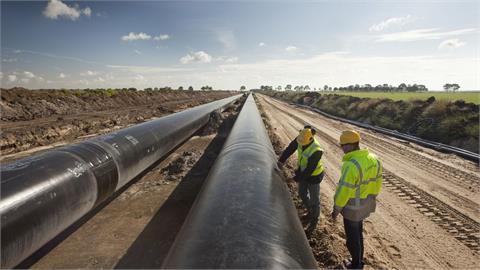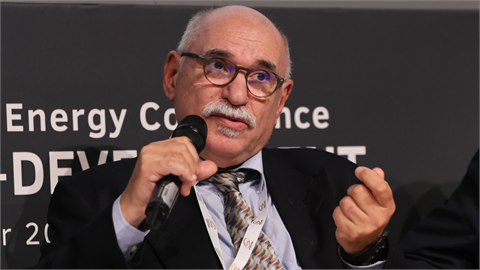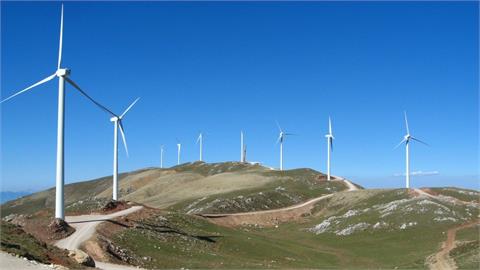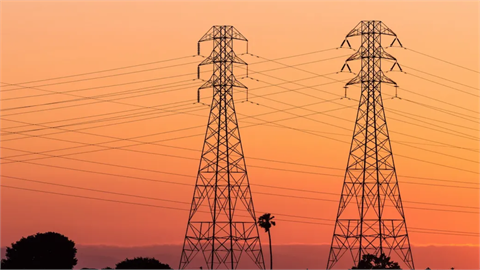Greece’s energy market is in a continuous divergence from the “acquis communautaire”, in a circumstance where the nascent Energy Union is setting new prospects for the European energy sector. That was the main conclusion of the Roundtable discussion that took place on Friday, March 27, 2015, at the European Parliament offices, in Athens, organized by the Institute of Energy for SE Europe (IENE) and under the auspices of the European Commission
Greece’s energy market is in a continuous divergence from the "acquis communautaire”, in a circumstance where the nascent Energy Union is setting new prospects for the European energy sector. That was the main conclusion of the Roundtable discussion that took place on Friday, March 27, 2015, at the European Parliament offices, in Athens, organized by the Institute of Energy for SE Europe (IENE) and under the auspices of the European Commission.
The keynote speaker of this IENE event on the "Energy Policy of Greece Within the Framework of the European Strategy for Energy and Environment” was Prof. Pantelis Capros, Professor of Energy Economics and Operation Research at the Department of Electrical and Computer Engineering of National Technical University of Athens, Head of the E3MLab and chairman of IENE’s Scientific Council. According to Prof. Capros, the Energy Union is an extremely significant initiative towards a major transformation of EU’s energy policy by 2020 and 2030, although, as he admitted, the promotion of this ambitious scheme is currently facing some problems. He also presented the roadmap towards the Energy Union, which will, as he stressed, bring about major benefits compared to localized and national priorities.
The findings and projections of the models issued by the E3 MLab of NTUA, headed by Prof. Capros, indicate that the 2020-2030 decade will be crucial for developing infrastructure and technology essential for meeting EU energy targets. The key factors for the mobilization of the investment capital required for their realization will be overcoming regulatory uncertainty, implementation of the market’s unification as well as the removal of market obstacles and the avoidance of unilateral national actions. As far as the Greek energy market is concerned, Prof. Capros stressed that it has never shown a rigorous activity or established national priorities but rather passively followed EU requirements. Moreover, latest announcements made by Greece’s new government show a tendency towards further divergence rather than convergence with the requirements and plans of the EU.
Mr. Miltos Aslanoglou, Deputy Chairman of Greece’s Regulatory Agency of Energy (RAE), underlined the need for Greece to promote economic growth as it is essential for the development of new energy markets in the country. As he noted, the ongoing fall in electricity consumption has to be halted, otherwise a smaller number of consumers will have to pay for major infrastructure and services. This situation if left unchecked, according to Mr. Aslanoglou, will lead to an extremely gloomy economic and investing climate.
Mathios Rigas, Chairman and CEO of Energean Oil & Gas, stressed from his part the necessity of stability in the country’s hydrocarbon policy and political consensus on the main goals. According to Mr. Rigas, certain statements made before the elections discouraged foreign companies from participating in the latest round for Western Greece last February. He also noted that, in view of the current, low oil prices, which do not favour deepwater activities, oil companies are discouraged from participating in the present international round for hydrocarbon exploration in the Ionian Sea and south of Crete.
George Stamtsis, General Manager of the Hellenic Association of Independent Power Producers (HAIPP) noted that the main problem of Greece’s electricity sector is that, over the last 15 years, the much needed changes towards liberalization have not been realized. In addition to that, over the last three months, we are witnessing the total lack of a power market mechanism, since the previous one expired without replacement.
Finally, the representatives of several RES associations that participated in this IENE event stressed the need for a strong Public Power Corporation (PPC) and a healthy market operator, so that RES producers can be paid on time, as well as the necessity for a public dialogue on the structuring of acceptable and sustainable RES tariffs.
